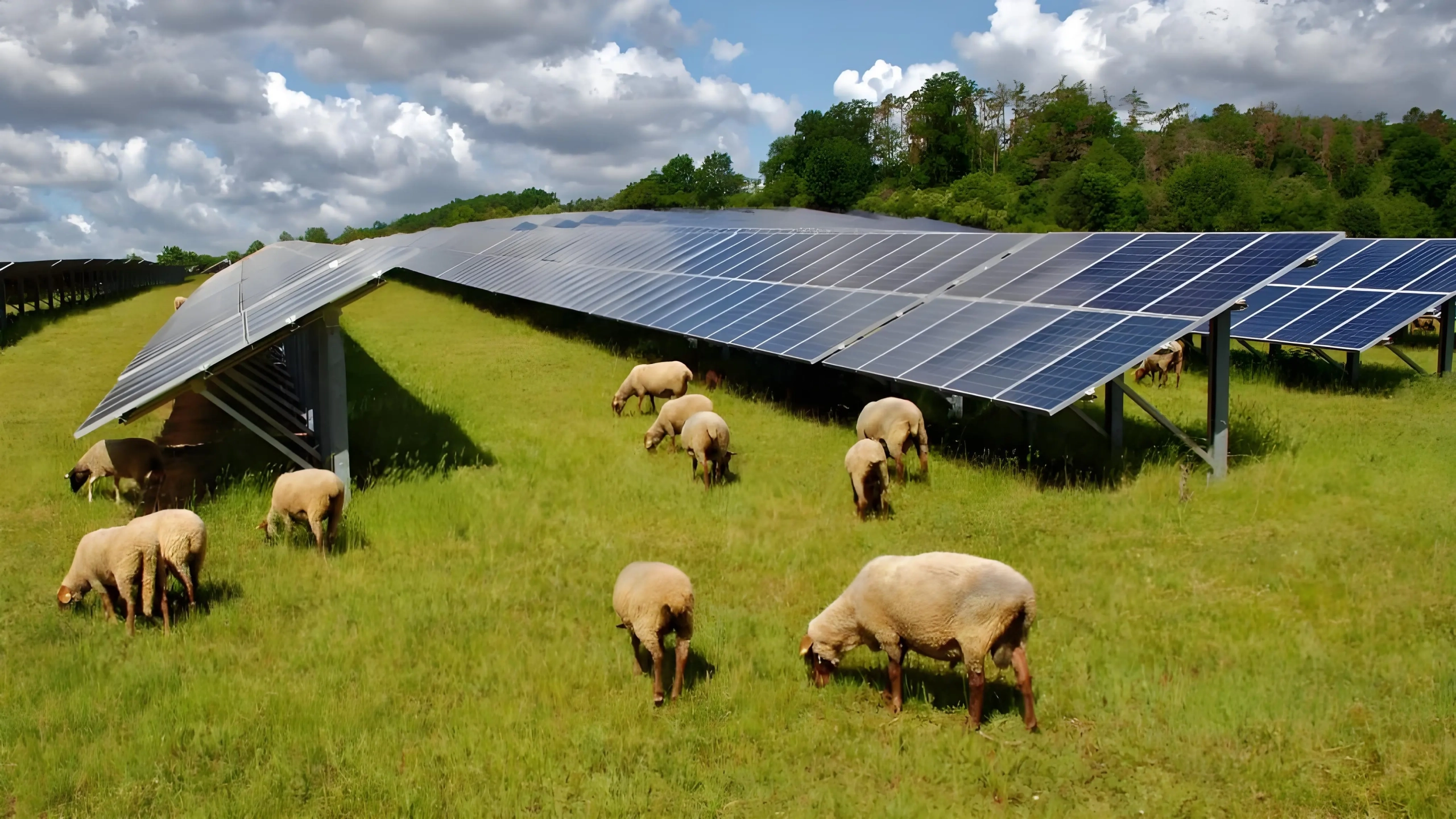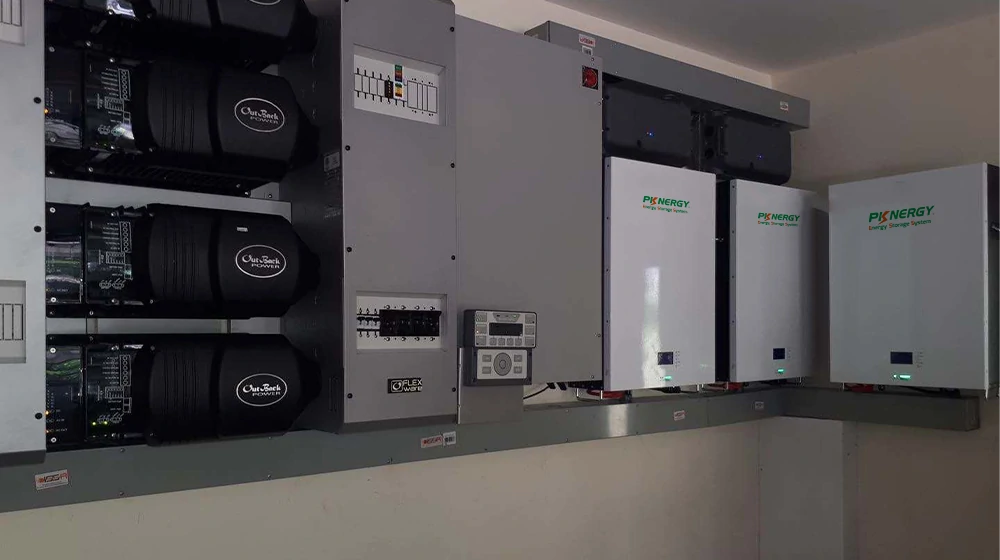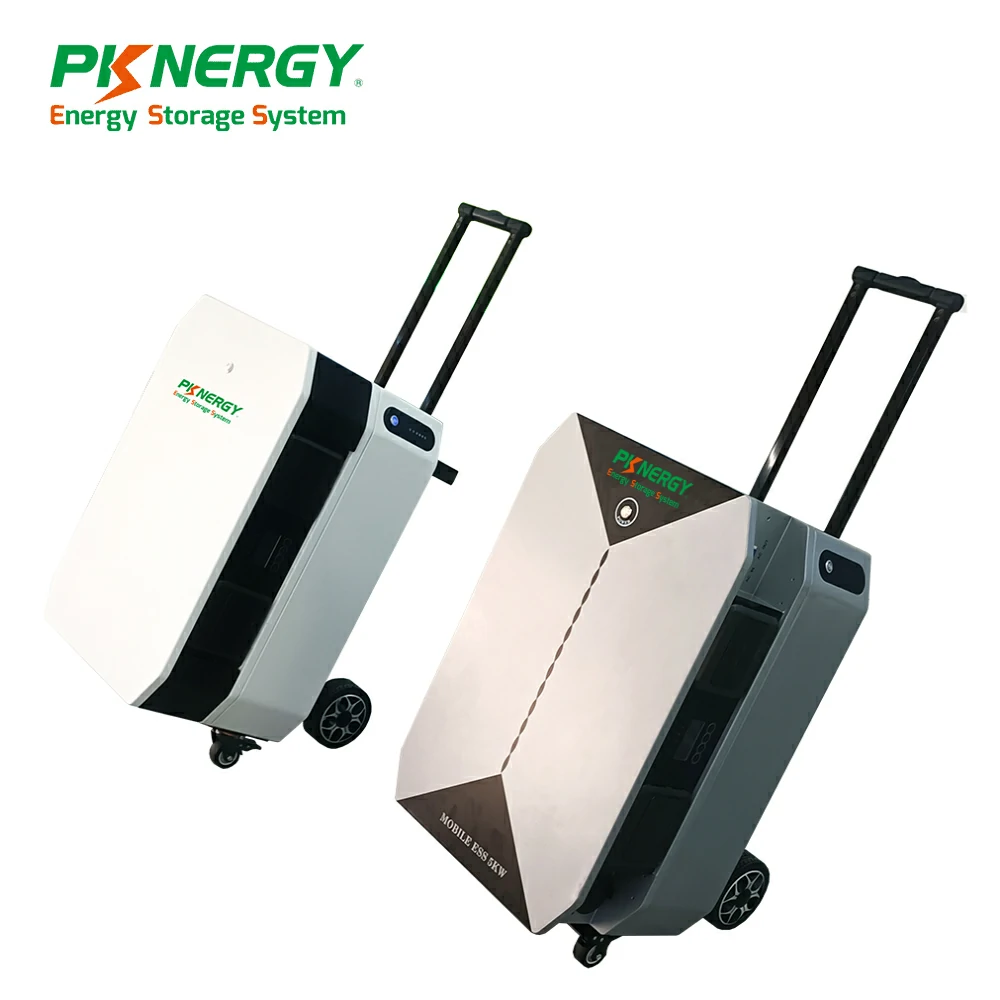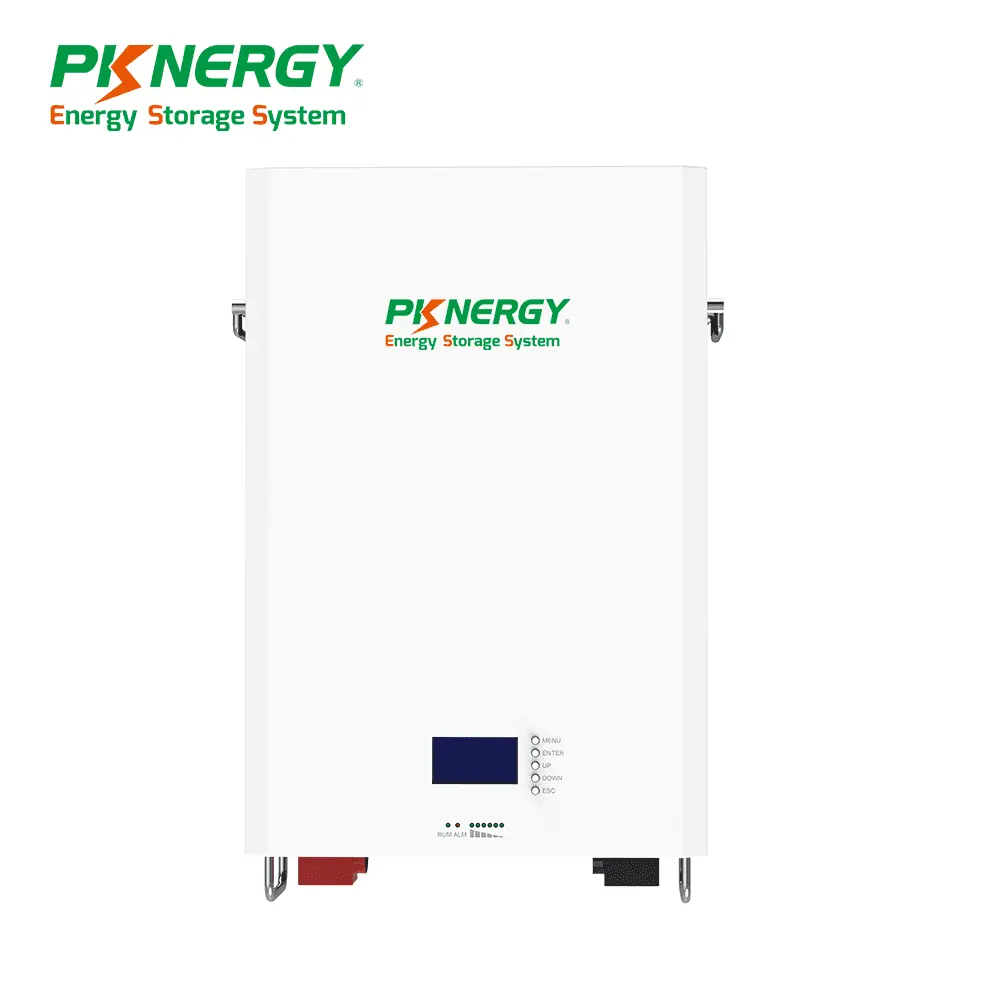
The Importance of Energy Storage Systems for Farms
Farms, as one of the main sources of food production, are continuously working on developing simpler methods to achieve higher yields. Whether large-scale or small private farms, modern technology, such as irrigation systems, machinery, etc., is increasingly used to reduce the farmers’ workload.
However, the growing number of machines also means more dependence on electricity, especially when the farm is located in remote areas where the public power grid may not be as stable as expected. Yet, crops do not stop growing just because machinery fails to work. Losing the irrigation system can result in plants lacking water and even dying. Therefore, stable electricity is crucial for ensuring a good harvest. At the same time, electricity also provides backup power for residents.
Benefits of Energy Storage Systems for Farms
Lower Energy Costs
Using flexible battery storage systems helps avoid the high costs of connecting to the public grid. While the initial investment might be higher than a generator, batteries, especially those that can last up to 15 years, offer better long-term value without the ongoing fuel costs, making them a more cost-effective solution over time.
Improved Energy Efficiency
Energy storage systems optimize energy use by storing surplus power during peak production periods and releasing it when demand is higher. This allows farms to maximize the use of renewable energy, reduce dependence on fossil fuels, and lower overall energy costs.
Grid Resilience & Power Backup
In remote agricultural areas, power outages can disrupt key operations. Energy storage systems (ESS) act as reliable backup power sources in emergency situations, ensuring continuous operations and protecting sensitive equipment, such as irrigation systems and cooling units.
Load Management and Demand Response
ESS allows farmers to manage their energy consumption effectively. By storing energy during off-peak periods and using it during high-demand times, farms can lower their overall energy expenditure and take advantage of lower electricity prices.
PKNERGY offers a free, tailored Farm energy storage plan with cost savings estimate
Farms Energy Storage System Case Study
What are their needs?
The Project is Located in a remote region of Asia. Although not using large-scale machines like irrigation systems, the private farm needed to ensure the stable operation of basic living facilities, such as lighting, refrigeration, and internet devices. With a focus on environmental protection and applying for subsidies, the farm owner decided to replace old lead-acid batteries with lithium iron phosphate (LiFePO4) batteries.
PKNERGY’s Solution
30kWh Energy Storage System
- Solar Panel Power: 7kWp
- Energy Storage Battery Capacity: 10 kWh LiFePO4 battery *3
- Inverter Specifications: 7kW off-grid inverter
The 30 kWh energy storage battery is a relatively moderate capacity, able to store excess electricity generated during the day and use it at night or on cloudy days. Normally, a 5 kWp solar system would be sufficient to charge the battery. However, due to the variation in solar power generation depending on weather conditions, the farm owner chose a more reliable 7kWp system for better security.
What they got?
This system generates about 30 kWh of electricity daily, which maintains the operation of the entire household while accounting for additional backup power to handle emergencies. The system is expected to have a 15-year lifespan, saving approximately $10,500 compared to using a generator, and it avoids issues with fuel pollution and noise.
Save Money, Protect Environment
PKNERGY helps you reduce your energy bills for your home solar energy storage, store your solar energy for use anytime- at night or during an outage.







